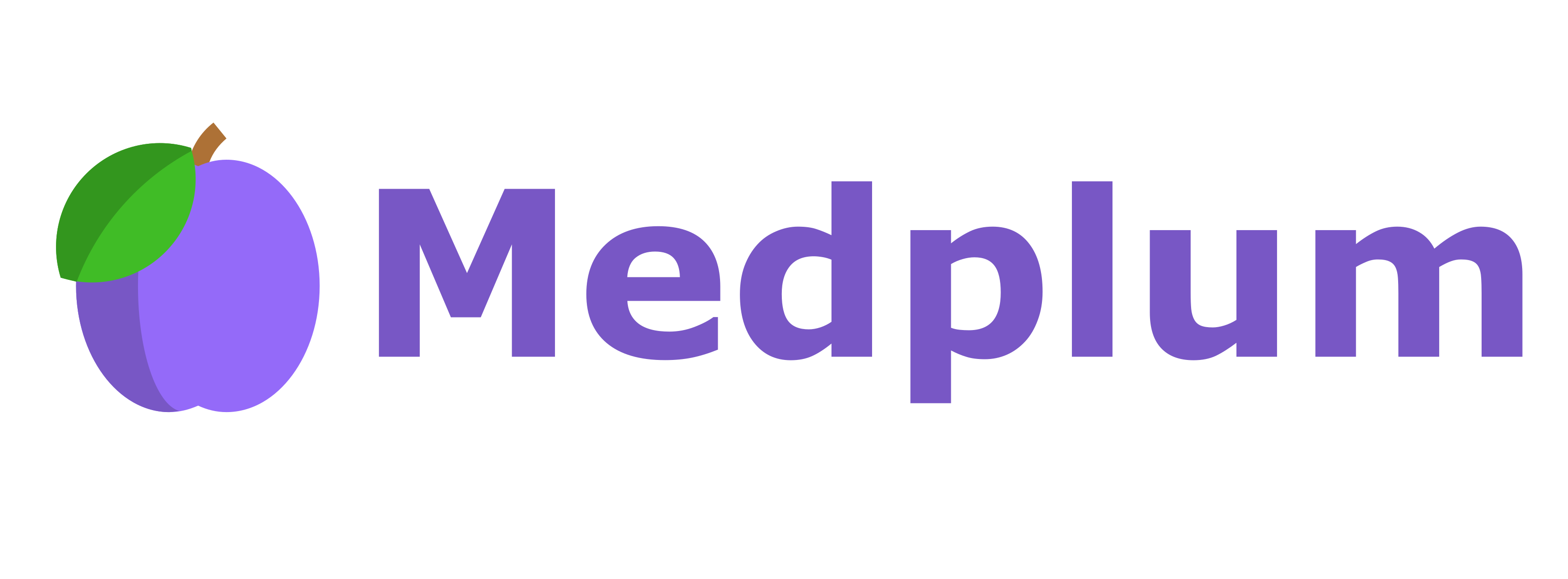Database Compatibility
- pg:
The pg package is built for PostgreSQL, supporting its advanced features like JSONB, full-text search, and custom data types, making it suitable for complex applications.
- sqlite3:
The sqlite3 package is designed for SQLite databases, providing a lightweight and easy-to-use interface for applications that require a simple file-based database.
- mssql:
The mssql package is specifically designed for Microsoft SQL Server, supporting all its features and data types, including T-SQL syntax, stored procedures, and transactions.
- mysql:
The mysql package is tailored for MySQL databases, supporting various MySQL features, including stored procedures, triggers, and multiple storage engines like InnoDB and MyISAM.
Performance
- pg:
The pg driver offers excellent performance for complex queries and supports asynchronous operations, allowing for non-blocking database interactions that improve application responsiveness.
- sqlite3:
The sqlite3 driver is lightweight and fast for small to medium-sized applications, but performance may degrade with high concurrency due to its file-based nature.
- mssql:
The mssql driver is optimized for performance with connection pooling and efficient query execution, making it suitable for high-load applications that interact frequently with SQL Server.
- mysql:
The mysql driver is known for its speed and efficiency, particularly in read-heavy applications, and supports connection pooling to enhance performance.
Ease of Use
- pg:
The pg package offers a rich feature set with a slightly steeper learning curve due to its support for advanced PostgreSQL features, but it is well-documented and widely used in the community.
- sqlite3:
The sqlite3 package is very easy to set up and use, making it ideal for beginners and rapid prototyping, with minimal configuration required.
- mssql:
The mssql package provides a straightforward API for connecting to SQL Server, with built-in support for promises and async/await, making it easy to integrate into modern Node.js applications.
- mysql:
The mysql package has a simple and intuitive API, making it easy for developers to get started with MySQL databases without extensive configuration.
Community and Support
- pg:
The pg package has a strong community and is widely adopted in the Node.js ecosystem, with comprehensive documentation and active maintenance.
- sqlite3:
The sqlite3 package is popular for lightweight applications, with a supportive community and ample resources available for troubleshooting and best practices.
- mssql:
The mssql package has a growing community and is well-supported, with extensive documentation and examples available for developers.
- mysql:
The mysql package benefits from a large community and extensive resources, including tutorials and forums, making it easy to find help and support.
Transaction Support
- pg:
The pg package provides robust transaction support, allowing for nested transactions and savepoints, making it suitable for applications with complex data manipulation needs.
- sqlite3:
The sqlite3 package supports transactions, but due to its file-based nature, it may have limitations in concurrent write operations, making it best suited for single-user scenarios.
- mssql:
The mssql package fully supports transactions, allowing developers to execute multiple queries as a single unit of work, ensuring data integrity in SQL Server.
- mysql:
The mysql package supports transactions when using InnoDB storage engine, enabling developers to manage complex operations safely and reliably.















